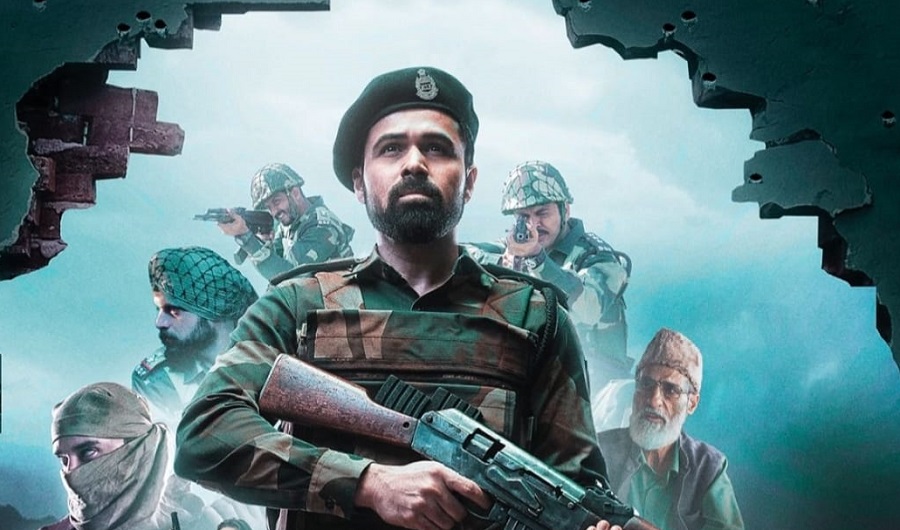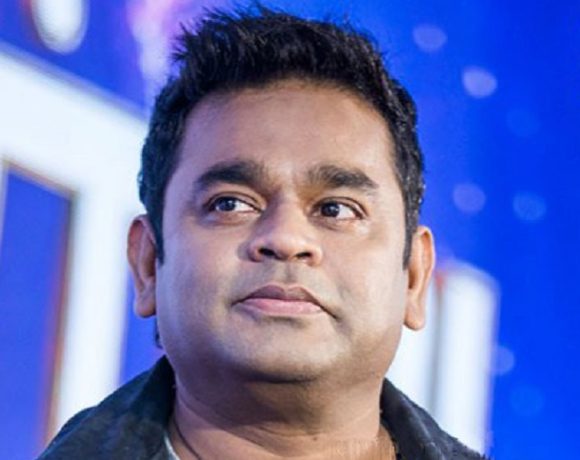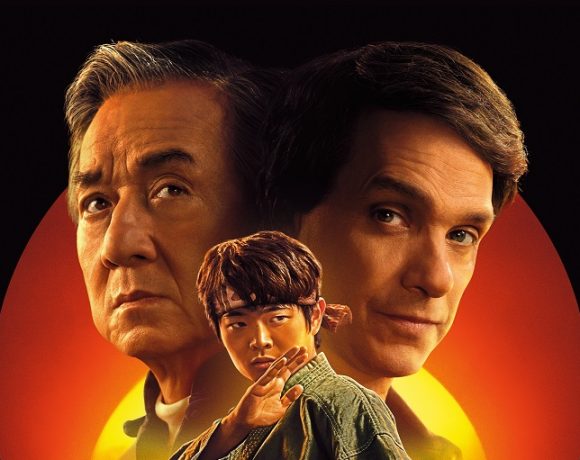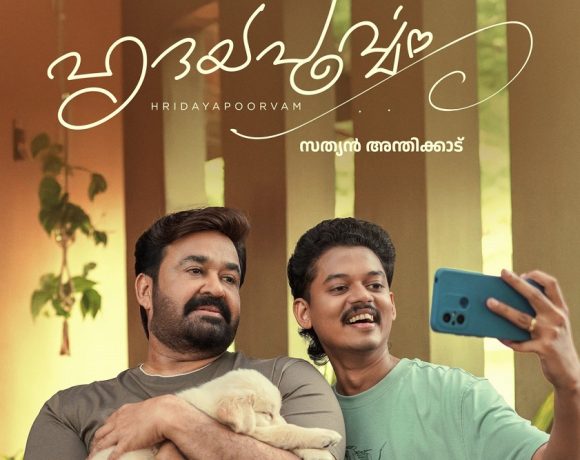
Ground Zero (2025) Review: A Quiet Salute That Walks the Line But Never Dares to Cross It
Rating: 3/5
In a cinematic landscape flooded with either loud patriotism or over-diluted secular appeasement, Ground Zero takes a middle road. Directed by Tejas Prabha Vijay Deoskar and frontlined by Emraan Hashmi, the film aims to capture the emotional and operational reality of a soldier fighting terrorism on Indian soil—without the hyperbole or chest-thumping clichés. It succeeds partially, falters occasionally, and leaves you with a mixed aftertaste: respectful, but not riveting.
Set in the turbulent landscape of Kashmir, the film is inspired by the 2003 real-life mission led by BSF officer Narendra Nath Dhar Dubey to eliminate Ghazi Baba—the mastermind of the 2001 Parliament attack. This backdrop offers rich narrative potential. The film capitalizes on that with a sense of grounded realism, but the screenplay often feels like it’s holding itself back. There’s tension, but never quite the thrill; there’s emotion, but rarely does it ache.
Emraan Hashmi delivers one of his more mature performances here. Gone is the smirking romantic, replaced by a brooding officer whose loyalty is not loud but lived. He avoids the heroic template and opts instead for restraint, which works well in the film’s tonally sober framework. However, the script doesn’t give him moments to truly own the screen. His internal dilemmas, especially the strain between duty and personal loss, are explored but never pushed to their emotional edge.
The film’s greatest strength lies in its refusal to sensationalize. Kashmir is not shown through the lens of eternal victimhood or exaggerated villainy. The terrain is treacherous, the people complex. There are Kashmiris who fear the gun, some who silently support it, and others who remain numb from years of conflict. The movie attempts to show this mosaic without moral grandstanding, and that’s commendable.
That said, the film pays a price for its sobriety. The pacing drags, particularly in the second act. Some sequences feel more like docu-drama recreations than cinematic storytelling. The tension of the chase, the high stakes of a covert mission, the personal toll on the protagonist—everything is touched upon, but nothing hits hard. You feel the effort, but not the pulse.
The cinematography captures the Kashmir valley with reverence, not romanticism. The contrast between nature’s beauty and the ugliness of violence is visually striking. The background score, meanwhile, is minimalistic—effective at times, absent at others. A tighter edit and a more emotionally immersive score could have elevated the experience.
Where the film really deserves credit is in its balanced narrative tone. It does not demonize an entire community, nor does it shy away from addressing the role of radical ideologies. It points fingers, but carefully—towards separatist groups, militant leaders, and the machinery that enables them, not towards a religion. This nuanced handling avoids Islamophobia without resorting to the usual “unity in diversity” crutches. It doesn’t preach, it just shows.
But for a film based on such a powerful real-life mission, Ground Zero doesn’t quite burn into your memory. It is respectful, restrained, and well-meaning, but lacks the kind of cinematic voltage that could make it unforgettable.
Verdict: Ground Zero is a well-intentioned film that pays tribute to unsung heroes of India’s war on terror with dignity and realism. But it never fully embraces the dramatic intensity its story demands. It’s a salute—but one that never quite stands at full attention.


















